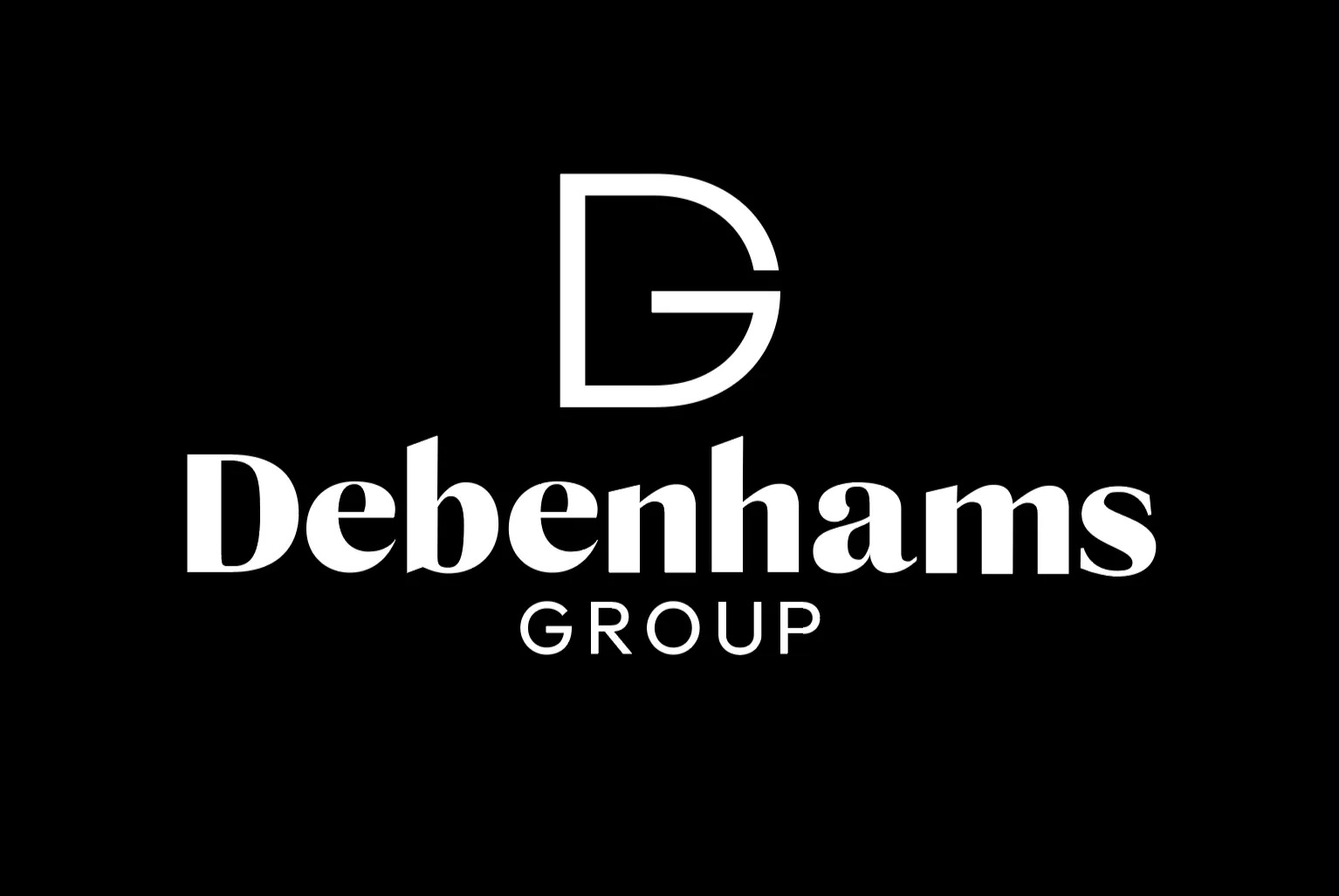The Norwegian Consumer Council has reported Klarna to the country's Consumer Authority as it claims that Klarna is violating regulations by not informing consumers about the real costs involved in credit purchases.
The independent, non-profit organisation that advocates for consumer rights and interests in Norway, said that Klarna has failed to provide clear details on interest paid on Buy Now, Pay Later (BNPL) products.
The organisation argues that the Financial Contracts Act, a major Norwegian law regulating financial contracts in the country, clearly states that BNPL providers must provide transparency on the financial consequences for users who buy on credit or instalments, including providing a clear example of a price with added interest.
However, the Consumer Council claims that Klarna does not provide such information in its marketing, including online and physical posters, leaving customers unaware of the real costs involved in using Klarna's services.
"We believe that Klarna is not complying with credit marketing regulations,” said Guro Sollien Eriksrud, leader of consumer economics at the Consumer Council.
The Consumer Council also says it has received several enquiries from people who were surprised by the addition of interest when they received the bill.
The Norwegian Consumer Authority has confirmed to Norwegian broadcaster NRK that they have received the complaint from the Consumer Council, but has not commented on the matter.
A Klarna spokesperson said: "We have not yet learned whether the authority will investigate the complaint but will of course respond when and if they reach out formally. With that said, we naturally follow all applicable laws and regulations. If something needs adjusting, we will of course do so promptly. We always strive to communicate as clearly as possible with our customers."
This is not the first time the BNPL provider has come under legal scrutiny over its transparency policies.
In March 2024, Klarna was handed a SEK7.5 million (£574,000 fine) for violating the EU's General Data Protection Regulation (GDPR) rules.
Sweden's Administrative Court of Appeal ruled in favour of the Swedish Authority for Privacy Protection (IMY), formerly the Swedish Data Protection Agency (SDPA), which said in March 2022 that Klarna had not complied with GDPR rule around how it informs users about its handling of their personal data.
The court concluded that Klarna failed to give clients sufficient information about how it would store their personal data and that the privacy notes were unclear or difficult to access.
The case specifically related to privacy notes used between March and June 2020, though Klarna has since updated those terms and conditions.
Latest News
-
Tesco makes ‘significant strides’ on safety through body worn cameras
-
Flying Tiger Copenhagen appoints new group chief executive
-
Walgreens cuts over 600 jobs after buyout
-
Mango opens first store in Limerick as part of expansion plan
-
eBay and Etsy to buy Depop for $1.2bn
-
REWE opens automated fresh food facility to serve Berlin outlets
Beyond Channels: Redefining retail with Unified Commerce
This Retail Systems fireside chat with Nikki Baird, Vice President, Strategy & Product at Aptos will explore how unified commerce strategies enable retailers to tear down these barriers and unlock new levels of operational agility and customer satisfaction.
The future of self-checkout: Building a system that works for consumers and retailers
In this webinar, industry leaders discussed what the future of self-checkout looks like and how retailers can make the technology work for everyone.
© 2024 Perspective Publishing Privacy & Cookies











Recent Stories